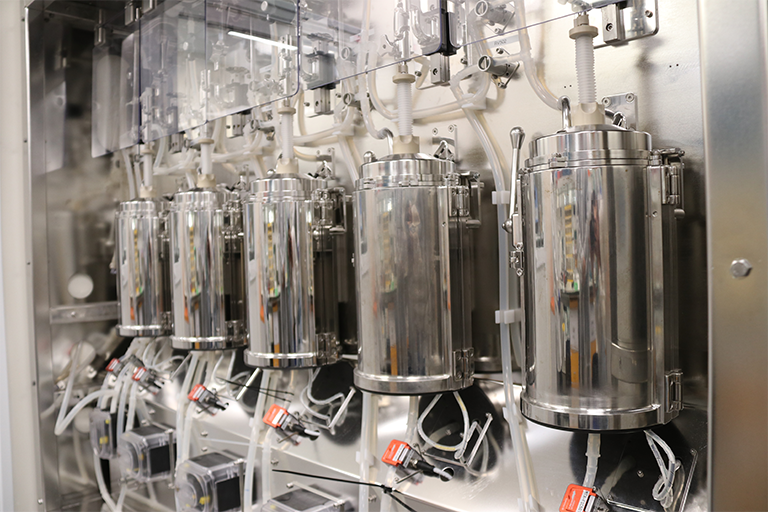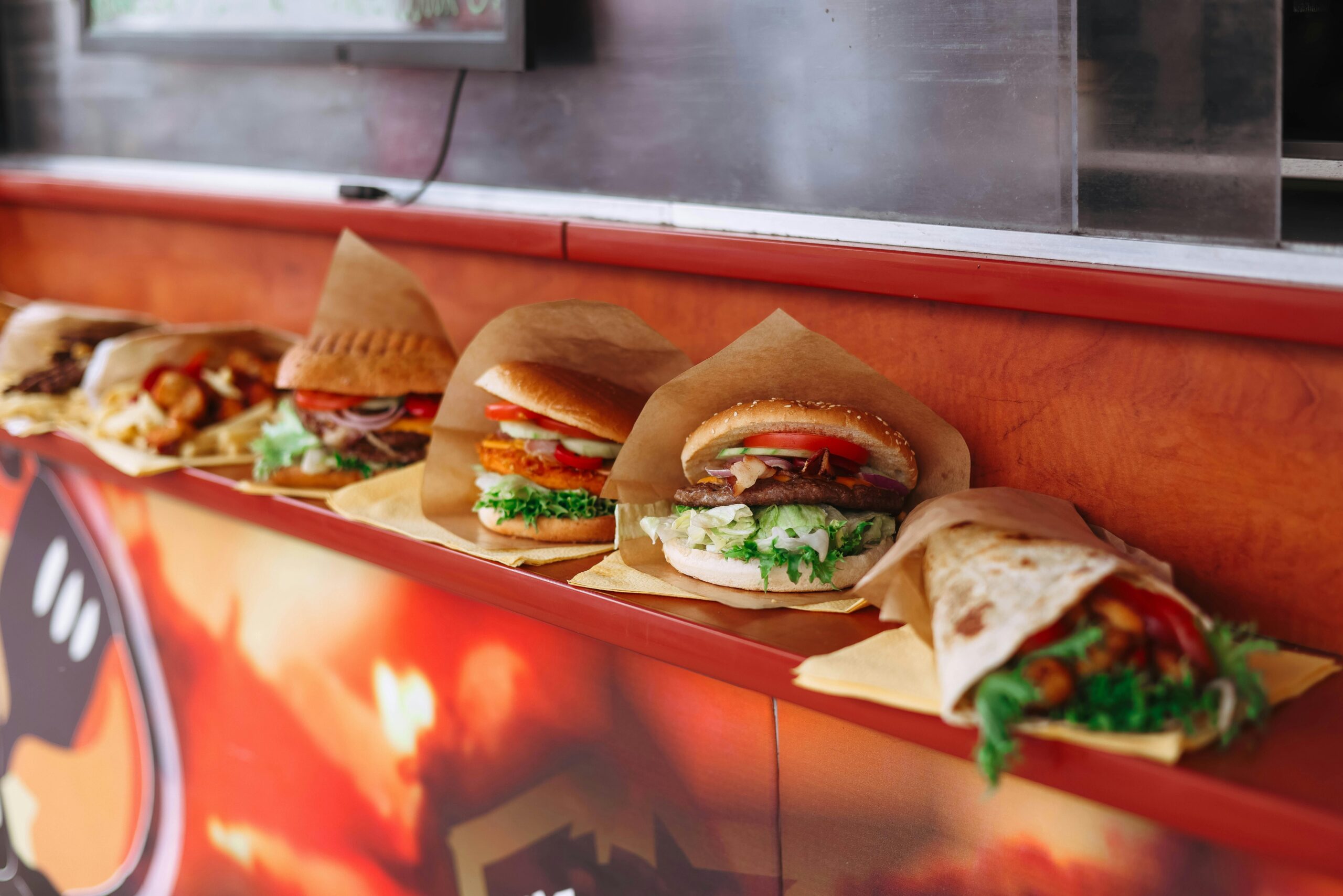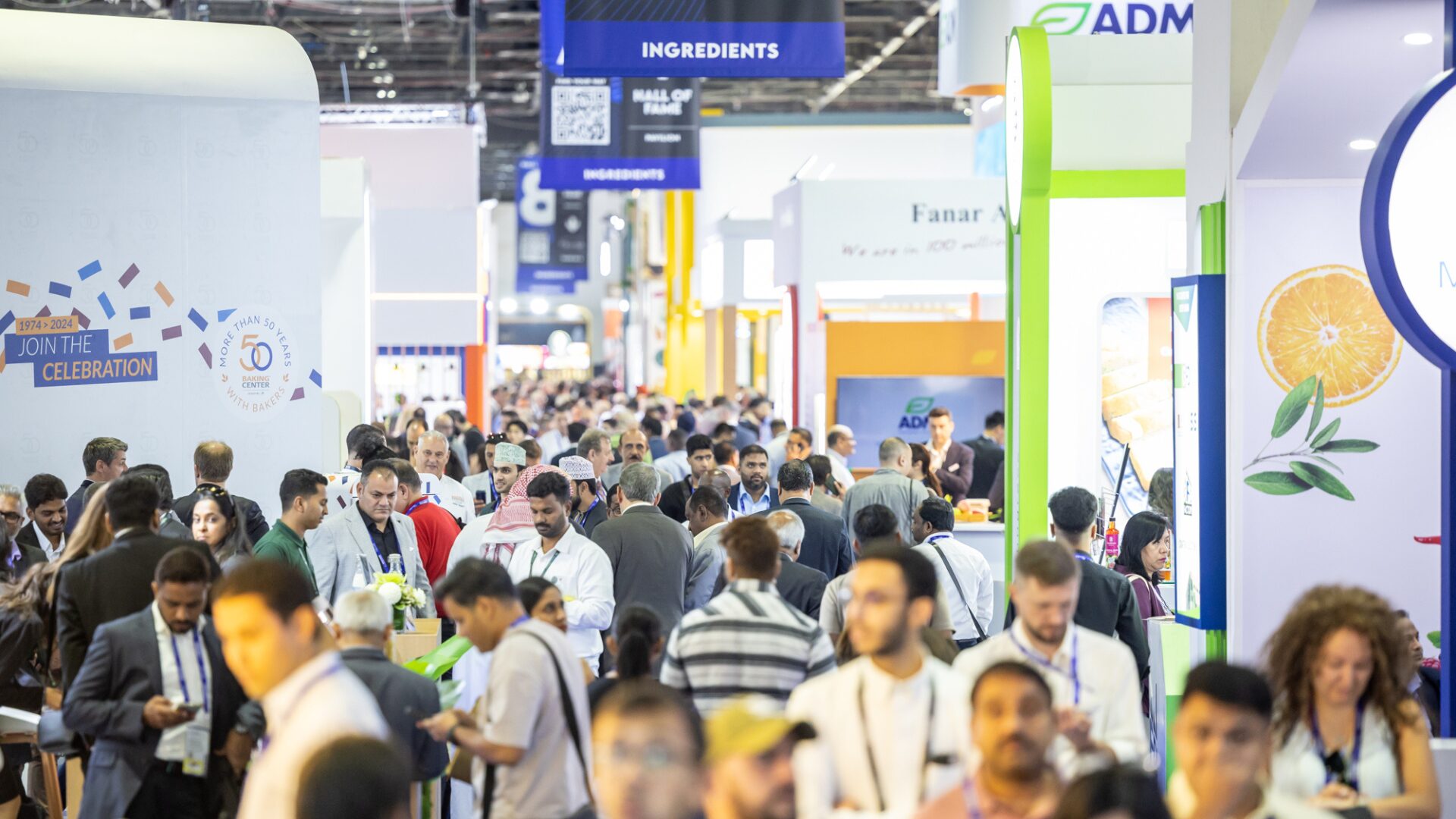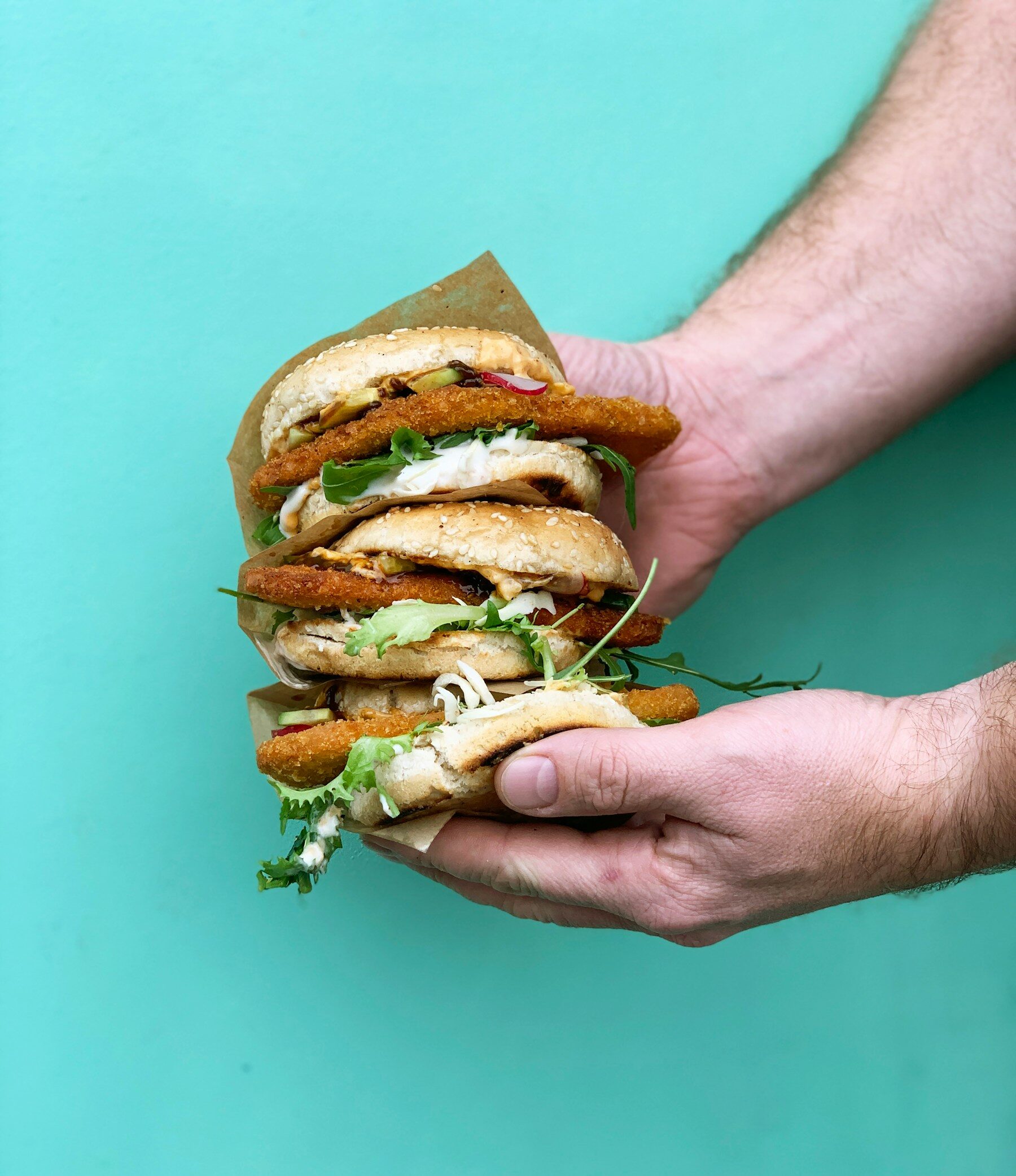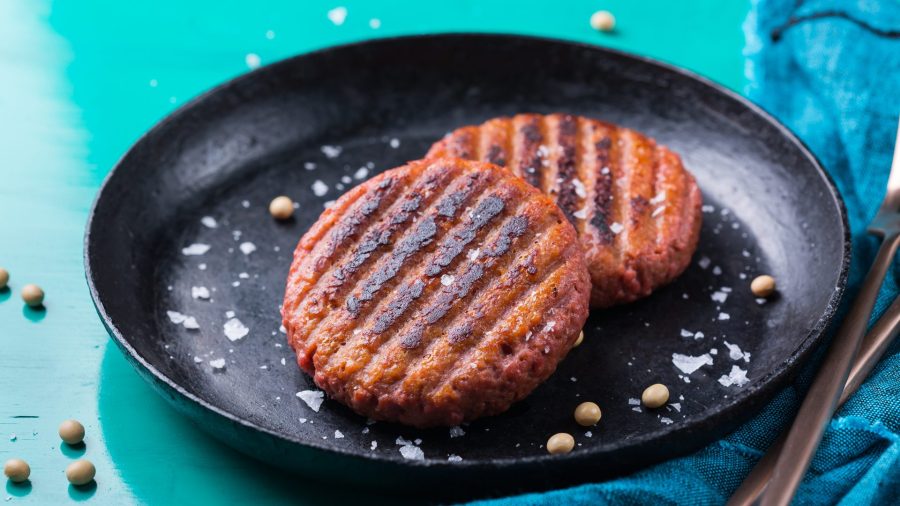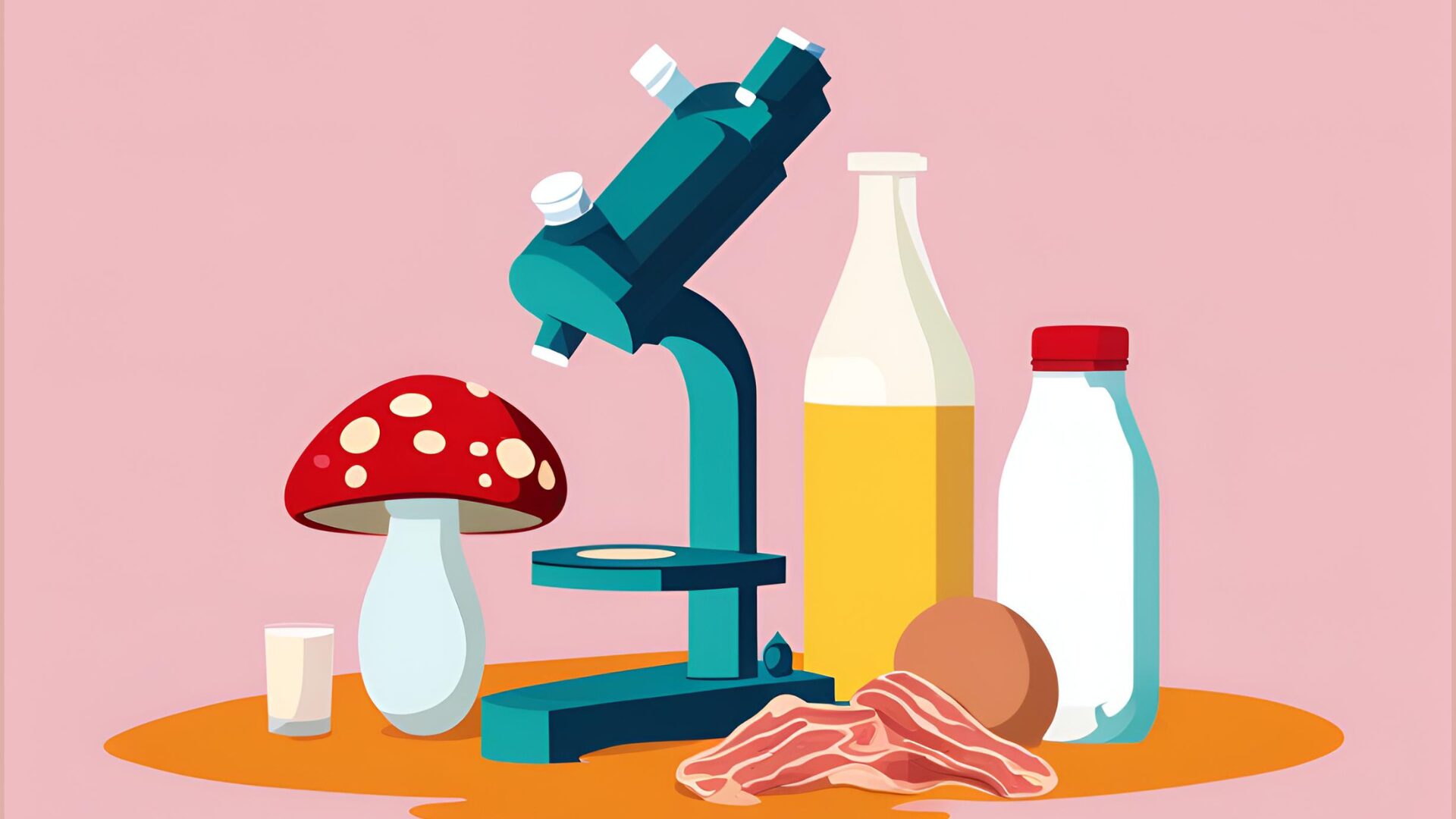The cultivated meat category may have just become considerably more viable.
Consider: Foodtech innovator Ever After Foods has launched a bioreactor platform that it said increases the pace of production 700% compared with other cultivated meat technology platforms, making it possible to bring the product to the mass market at scale.
“Ever After Foods’ disruptive technology enables significantly higher cultivated meat production capacity, with efficiencies that lower resources and costs. We can currently produce more than 10 kilograms of cultivated meat mass with just a 35-liter bioreactor [compared with the 10,000-liter systems needed by other companies] and have a proven path to scale and reach price parity,” Ever After Foods CEO Eyal Rosenthal said in a press release.
The system is backed by Tnuva Group, Israel’s largest food producer.
Meanwhile, in other ag-related news:
Biden Administration Eying Bird Flu Vaccine: USDA said it has begun testing potential vaccines to fight highly pathogenic avian influenza, which has forced the slaughter of tens of millions commercially grown chickens and turkeys in the last two years and cost the poultry industry some $2 trillion.
The New York Times recently reported the Agricultural Research Service is trying to determine if any of the currently available vaccines that could be deployed quickly would be effective against HPAI while a more targeted vaccine is developed. As the work continues, experts warned the migratory season could ramp up outbreaks in coming months. Outbreaks also have taken their toll in Europe, Asia and Latin America.
Yahoo! recently reported Virax Biolabs Group Ltd has begun distributing a real-time PCR test kit in Europe to try to keep the virus from spreading through the human population. Only a few human infections have been reported to date.
Regenerative sourcing: west-bourne said it hopes to avoid future supply chain issues by developing regenerative sourcing, making products that waste as little as possible – both during the production process and post-consumption.
The company told The Food Institute it sources ingredients from farmers and other partners who share its goal of developing a climate-positive system that improves and restores soil health to support biodiversity, sequester carbon emissions, and builds on the natural ecosystem and local economy.
The company currently sells to 100 retail locations and hopes to expand to 500 more.
The Food Institute Podcast
Click the play button above to listen to the episode.
How did a small sub shop from Point Pleasant, New Jersey, grow into a 2,400-store operation across 50 states? Jersey Mike’s Franchise Systems Inc. senior vice president Caroline Jones shares the company’s evolution after deciding to franchise the concept in 1987. Additionally, Jones shares stories of growing up in the business, and how the company’s philanthropic efforts help to endear franchise locations to each community they serve.


